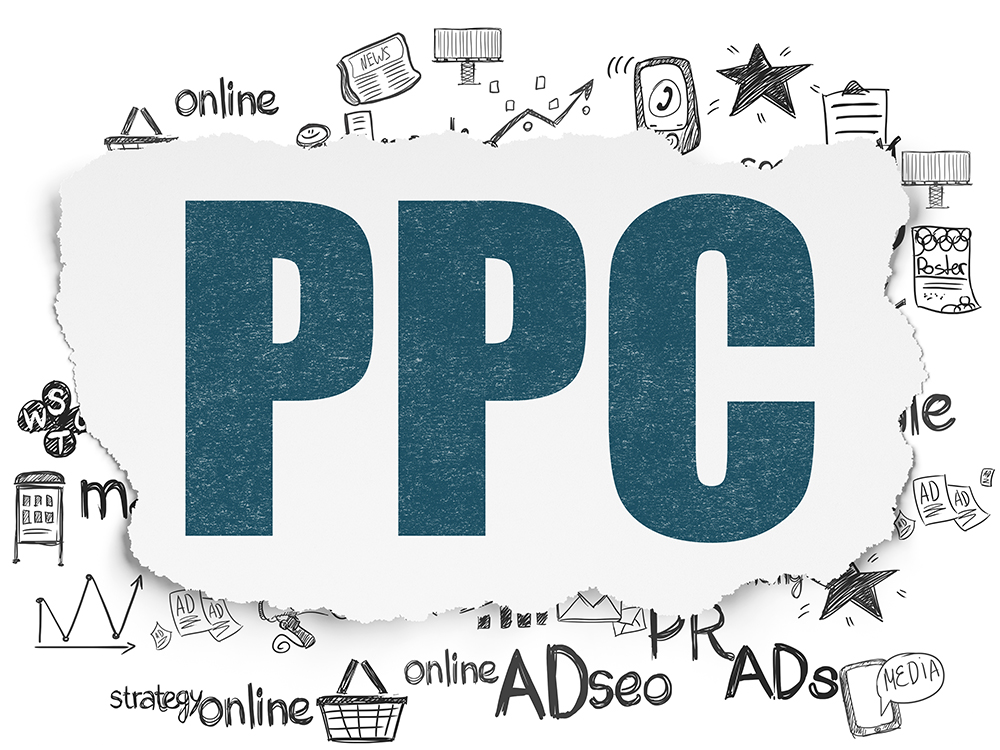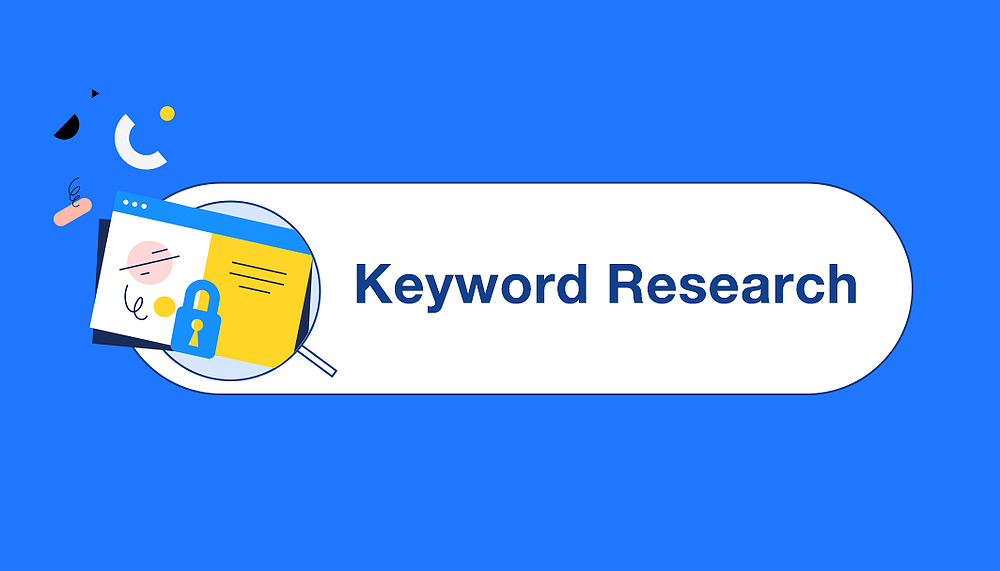SEO and PPC are two of the most popular online marketing strategies. They both aim to drive more traffic and conversions to your website, but they have different approaches and benefits. In this article, we will compare SEO and PPC in terms of their definitions, advantages, disadvantages, costs, and results. We will also give you some tips on how to choose the best strategy for your business goals and budget.
What is SEO?
SEO stands for Search Engine Optimization. It is the process of improving your website and web pages to rank higher in the organic (unpaid) results of search engines like Google, Yahoo, and Bing. SEO involves four main areas:
- Keyword research: Finding the words and phrases that your target audience uses when searching for your products or services.
- On-page SEO: Creating content that matches the search intent and expectations of your potential customers, and optimizing it for relevant keywords, titles, URLs, images, etc.
- Off-page SEO: Building trust and authority for your website by getting links from other reputable websites, social media platforms, online directories, etc.
- Technical SEO: Ensuring that your website is fast, secure, mobile-friendly, easy to crawl and index by search engines, and free of errors or issues.
What is PPC?
PPC stands for Pay Per Click. It is a form of online advertising where you pay a fee every time someone clicks on your ad. PPC ads can appear on search engines (such as Google Ads), social media platforms (such as Facebook Ads), websites (such as Google Display Network), or apps (such as Google App Campaigns). PPC involves three main steps:
- Campaign creation: Setting up your goals, budget, targeting, bidding, and ad formats for your PPC campaign.
- Ad creation: Writing compelling ad copy and designing attractive ad visuals that match your offer and audience.
- Ad optimization: Monitoring and analyzing your ad performance and making adjustments to improve your click-through rate (CTR), conversion rate (CR), cost per click (CPC), cost per acquisition (CPA), return on ad spend (ROAS), etc.

Advantages and Disadvantages of SEO
SEO has many advantages over PPC, such as:
- It can generate long-term and consistent traffic to your website without paying for each click.
- It can help you build trust and credibility with your audience, as they tend to perceive organic results as more trustworthy than paid ads.
- It can help you reach a wider and more diverse audience, as not everyone clicks on ads or uses the same keywords or platforms.
- It can help you improve your website’s user experience (UX) and performance, which can also benefit your conversion rate and retention rate.
However, SEO also has some disadvantages compared to PPC, such as:
- It can take a long time to see results, as it depends on many factors such as competition, algorithm changes, content quality, etc.
- It can be difficult to measure and attribute results, as it involves multiple channels and touchpoints along the customer journey.
- It can be challenging to keep up with the constant changes and updates in the search engine landscape and best practices.
- It can be affected by external factors such as negative SEO attacks or technical issues that can harm your rankings.
- Optimizing Your Free Website Builder for Search Engines: 10 Effective SEO Methods
Advantages and Disadvantages of PPC
PPC has many advantages over SEO, such as:
- It can generate immediate and predictable traffic to your website without waiting for organic rankings.
- It can help you target specific audiences based on their demographics, interests, behaviors, locations, devices, etc.
- It can help you test different offers, messages, designs, landing pages, etc. quickly and easily with A/B testing or multivariate testing.
- It can help you track and measure results accurately and precisely with various metrics and tools.
However, PPC also has some disadvantages compared to SEO, such as:
- It can be expensive and unsustainable in the long run if you don’t optimize your campaigns properly or have a high conversion rate.
- It can be competitive and saturated in some industries or niches where the CPCs are high or the ad space is limited.
- It can be affected by ad fatigue or blindness where your audience may ignore or block your ads after seeing them too often or finding them irrelevant or annoying.
- It can be dependent on the platform’s policies and guidelines that may change or restrict your ad options or performance.
Costs of SEO vs. PPC
The costs of SEO vs. PPC depend on various factors such as your industry, niche, goals, budget, strategy, etc. However, in general, SEO is more cost-effective than PPC in the long term, while PPC is more cost-efficient than SEO in the short term.
SEO is more cost-effective because it can generate organic traffic that does not require paying for each click. However, SEO is not free, as it involves investing time, money, and resources into creating and optimizing your website and content. The costs of SEO may include hiring an SEO agency or professional, buying SEO tools or software, creating or outsourcing content, etc. The average cost of SEO services in the US ranges from $500 to $10,000 per month, depending on the scope and complexity of the project.
PPC is more cost-efficient because it can generate immediate traffic that is directly proportional to your ad spend. However, PPC is not cheap, as it involves paying for each click and competing with other advertisers for the same keywords or audiences. The costs of PPC may include hiring a PPC agency or professional, buying PPC tools or software, creating or outsourcing ads, etc. The average cost of PPC services in the US ranges from $1,000 to $20,000 per month, depending on the platform and industry.
Results of SEO vs. PPC
The results of SEO vs. PPC depend on various factors such as your industry, niche, goals, budget, strategy, etc. However, in general, SEO delivers better results than PPC in terms of quantity and quality of traffic and conversions, while PPC delivers better results than SEO in terms of speed and control of traffic and conversions.
SEO delivers better results in terms of quantity and quality because it can generate more traffic and conversions from organic sources that are more relevant and trustworthy to your audience. According to a study by BrightEdge , organic search drives 53% of all website traffic and 40% of all revenue. Moreover, organic search has a higher conversion rate than paid search (16% vs. 2%), according to a report by Unbounce .
PPC delivers better results in terms of speed and control because it can generate faster and more predictable traffic and conversions from paid sources that are more targeted and customizable to your audience. According to a study by WordStream , paid search drives 10% of all website traffic and 15% of all revenue. Moreover, paid search has a higher click-through rate than organic search (2% vs. 0.5%), according to a report by SparkToro .
How to Choose Between SEO and PPC?
The best way to choose between SEO and PPC is to consider your business goals, budget, audience, competition, and timeline. Here are some questions to ask yourself before deciding which strategy to use:
- What are your main objectives? Do you want to increase brand awareness, generate leads, drive sales, or achieve something else?
- How much can you afford to spend? Do you have a fixed or flexible budget? How much are you willing to pay for each click or conversion?
- Who are your target customers? Where do they hang out online? What are their pain points, needs, wants, and preferences?
- Who are your competitors? How are they ranking or advertising online? What are their strengths and weaknesses?
- How soon do you need results? Do you have a short-term or long-term vision? How patient or impatient are you?
Based on your answers to these questions, you can choose one of the following options:
- Use SEO only: This option is suitable if you have a low budget, a long-term vision, a niche market, a loyal audience, or a high conversion rate.
- Use PPC only: This option is suitable if you have a high budget, a short-term vision, a competitive market, a new audience, or a low conversion rate.
- Use both SEO and PPC: This option is suitable if you have a balanced budget, a medium-term vision, a mixed market, a diverse audience, or an average conversion rate.
Using both SEO and PPC can be beneficial for your online marketing strategy because it can help you:
- Increase your visibility and reach on search engines by appearing on both organic and paid results.
- Capture more traffic and conversions from different stages of the customer journey by targeting different keywords and intents.
- Test and optimize your website and content by using PPC data to inform your SEO decisions and vice versa.
- Reduce your costs and risks by diversifying your sources of traffic and conversions.
Benefits of PPC
PPC helps to increase brand awareness for businesses. Drive and attract leads to your website and increase conversions into sales.
There are many options for where PPC ads are displayed. That allows you to control what your target customers see. And how you target the most valuable leads.
PPC is one of the most effective digital marketing strategies available today. As it allows you to decide how much you will pay for your ads.
Besides:
PPC helps ads to be displayed quickly
You proactively use keywords for the most potential PPC
Actively target the favorite object file
There is no minimum or maximum budget limit
Customize your time…
Notes when researching PPC keywords

Keyword research for PPC can be extremely time consuming, but it is also incredibly important. Your entire PPC campaign is built around keywords, and the most successful Google Ads advertisers are constantly developing and refining their PPC keyword lists. If you only do keyword research once, when you create your first campaign, you are probably missing out on hundreds of thousands of valuable, long-tail, low-cost, and highly relevant keywords that can drive traffic to your website.
Examples of some short keywords:
Web SEO
Backlinks
Web design
Conclusion
SEO and PPC are two powerful online marketing strategies that can help you grow your online presence and business. However, they have different pros and cons that you need to consider before choosing which one to use or how to combine them.
In summary, SEO is better for long-term and consistent results, while PPC is better for short-term and immediate results. SEO is more cost-effective but less measurable, while PPC is more cost-efficient but less sustainable. SEO is more organic but less controllable, while PPC is more paid but more customizable.
Ultimately, the best strategy for you depends on your specific goals, budget, audience, competition
